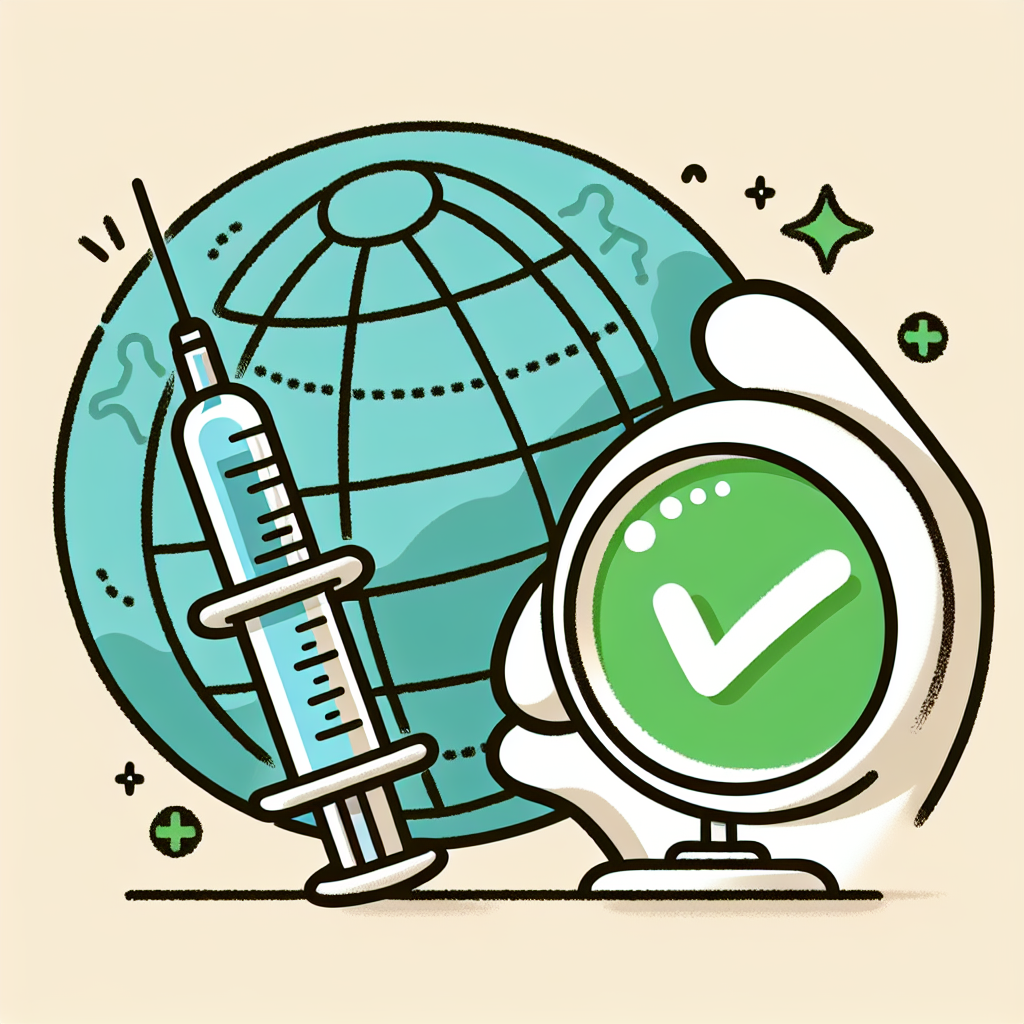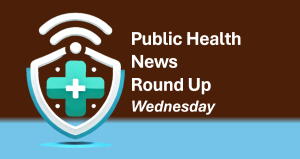
WHO Reaffirms Vaccine Safety Amid US Autism Claims
The World Health Organization (WHO) has recently reaffirmed the safety of vaccines, countering claims circulating in the U.S. associating vaccines with autism. This discussion has been rekindled by recent remarks from the U.S. leadership, stirring both public and scientific communities.
Vaccines and Autism: Dissecting the Claims
Historical debates around vaccines often cite autism as a potential risk. Despite being debunked, these claims resurface periodically. Recent statements by U.S. leadership, as covered by Time, attempting to link vaccines to autism, have drawn widespread criticism from scientific circles and medical organizations.
“There is no scientific backing to claims that vaccines cause autism. Multiple studies over the years have continuously shown vaccines’ safety,” said a spokesperson from the WHO in a recent UN briefing.
The Scientific Consensus
Extensive research and global health data confirm that vaccines are safe and essential tools in preventing diseases. Organizations like Autism Speaks assert, based on decades of research, that there is no causal link between vaccines and autism. They emphasize vaccines’ role in preventing diseases like measles, which can cause serious health issues if left unchecked (Autism Speaks).
Public Health Impact
Vaccines have played a crucial role in the global health arena. They not only protect individuals but also contribute to community immunity, thus safeguarding public health on a larger scale. The WHO’s recent reaffirmation aims to restore public trust, urging the continuation of vaccination schedules globally.
Response from Medical and Health Organizations
Major medical bodies, such as the American College of Obstetricians and Gynecologists, have released statements affirming the safety and efficacy of vaccines during pregnancy. According to a recent ACOG statement, there is no evidence to support the association between acetaminophen, used during pregnancy, and increased autism risk.
The Role of Scientific Communication
Combating misinformation requires clear and consistent communication from credible sources. News outlets like ABC News emphasize the importance of providing transparent, evidence-based information to the public.
Global Health Policies
Efforts to counter vaccine skepticism are part of broader global health policies aimed at increasing vaccine uptake and combating preventable diseases. The WHO and similar organizations work to ensure messaging is consistent and backed by scientific evidence.
Conclusion
The reaffirmation by WHO comes at a crucial time, dispelling myths while reinforcing public health priorities. The global health community continues to advocate for informed discussions and policies grounded in robust scientific evidence. Keeping the public well-informed and engaged remains key to achieving comprehensive health and safety during these challenging times.



